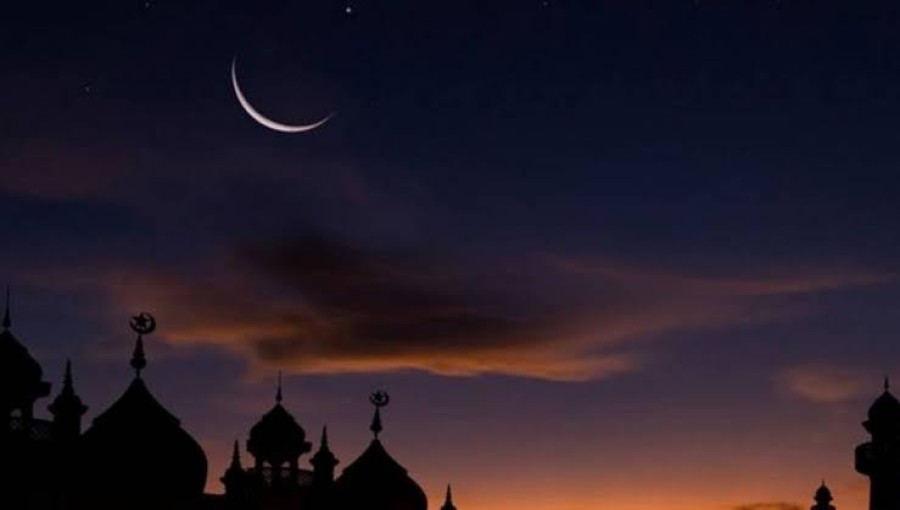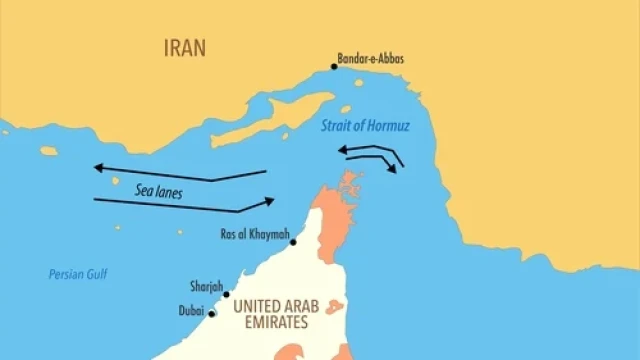As the holy month of Ramadan draws to a close, Muslims around the globe are gearing up to celebrate Eid-ul-Fitr, a three-day festival marking the end of fasting. However, the exact date of Eid remains contingent upon the sighting of the moon in the month of Shawwal, prompting preparations for moon sighting ceremonies in several countries, including Saudi Arabia.
According to a report by Al Jazeera, astronomical calculations suggest that Ramadan is likely to span 30 days this year. If this holds true, Eid may be observed in countries such as Saudi Arabia on Wednesday, with Thursday earmarked for celebrations in others like Bangladesh. However, should Ramadan last 29 days, Eid festivities will commence a day earlier.
The variance in Eid dates stems from the fundamental difference between solar and lunar months. With the commencement of each lunar month contingent upon moon sighting, the duration typically ranges between 29 and 30 days, necessitating the observation of the previous evening to ascertain the precise Eid date.
Traditionally, Muslims from diverse regions converge to observe the western horizon on the 29th day of fasting, scanning the twilight skies for the crescent moon. If the moon remains elusive on the 29th day, Eid is invariably scheduled for the conclusion of the 30th fast.
This year, Ramadan commenced on March 11 in countries like Saudi Arabia, the United Arab Emirates, and the United Kingdom, following the sighting of the moon on March 10. Conversely, nations including Bangladesh, India, and Indonesia commenced fasting on March 12, aligning with moon sighting on March 11.
As anticipation mounts for the auspicious occasion of Eid-ul-Fitr, Muslims worldwide remain steadfast in their observance of tradition, eagerly awaiting the sighting of the moon to herald the joyous festivities ahead.
End/v7n/aj/dk































Comment: